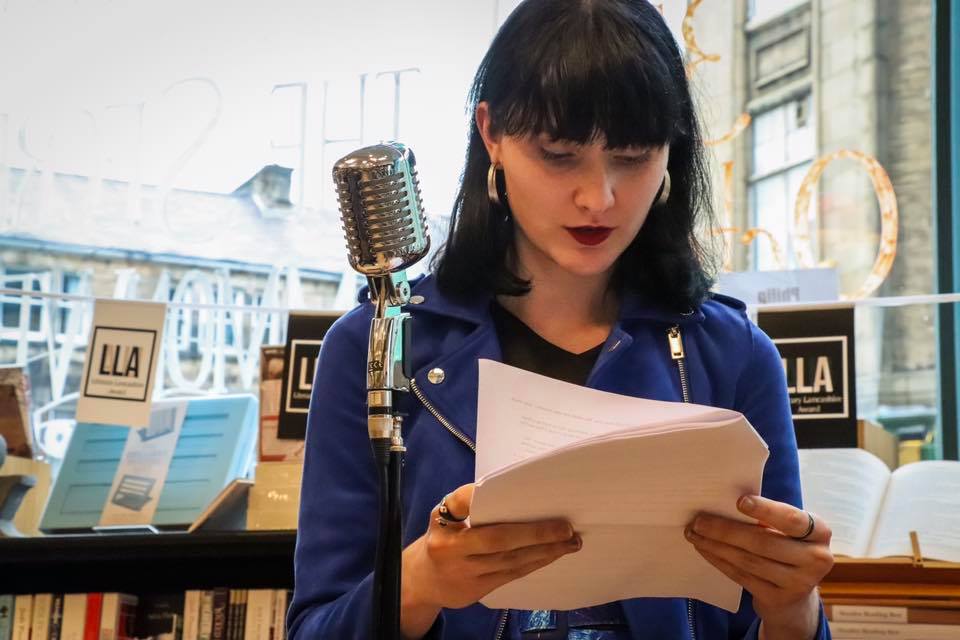Whenever we see a beautiful piece of animation or art, especially if it looks hyperrealistic, our breath is taken away. Disney spent millions of dollars and the better part of the last two decades developing software so things like the water in Moana look realistic. Artists spend entire days, weeks, months, adding layer after layer of paint to their creations just so we the audience will step back and go, woah.
So, how come we rarely take the time in real life to admire the beauty of things? Especially as writers, who need to break barriers by getting turning words into images for our readers (and vice versa). Writing is magic, writing is alchemy. And to do the magic, you need to have a firm basis in reality.
Before the pandemic, I liked to go for walks in my local park. It’s not a great park; sometimes bands of 13 and 14 year olds with machetes take over in broad daylight and it’s the last place you want to be. But I’ve never been there at the same time as them, so to me it’s still a quiet and peaceful place. The playground is small and lonely because mostly the kids ignore it and play on the grass or try to throw each other into the lake (ignoring all the delightful ‘don’t feed the rats’ signs the council put up around the perimeter). There aren’t many benches that haven’t had the wood stolen from them, so I just sit underneath the trees and people-watch.
Sometimes I get bored and watch the ground for a bit, studying the way the grass tangles together as it grows, the different types of grass you don’t notice when you’re walking across it from point A to point B.
How does this help you as a writer? After all, if you write too much detail, your reader becomes desensitised to it and zones out. If you’re too analytical or too poetic, your reader will get bored or, in the worst case scenario, comatose.
Still, when you’re working on a fast-paced, engaging plot, it’s good to give your readers a break. The easiest way to do that is to slow down and look at the details of the scene, or the other character’s face. How can you stop time in your book if you can’t do it for yourself in reality?
That’s why this is my writing advice: take a break. You don’t have to go outside (it is still a pandemic out there, no matter what the newspapers might tell you). You can just watch your cat sleeping, the whiskers jutting out from her cheeks like sea anemones and paws lightly twitching while she sleeps. You can enjoy a breakfast sandwich and suddenly make yourself aware of how the egg, bread, and bacon mix, appreciating their individual and combined flavours.
This might also be called mindfulness, but to me, it’s just good practice for writing, like everything else in life.
